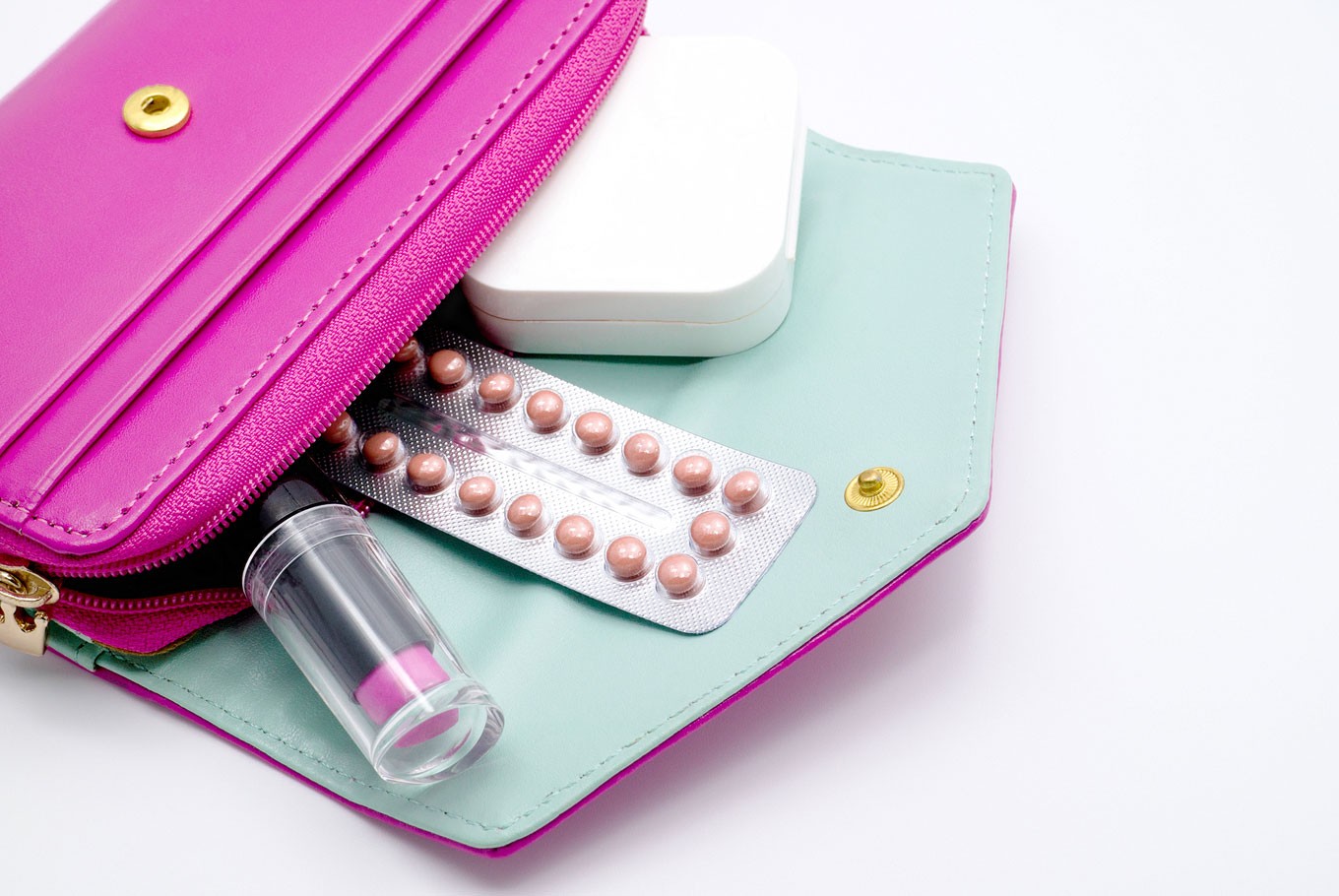Popular Reads
Top Results
Can't find what you're looking for?
View all search resultsPopular Reads
Top Results
Can't find what you're looking for?
View all search resultsAn introduction to the morning-after pill
Change text size
Gift Premium Articles
to Anyone
F
or most women, the morning-after pill offers them a final chance to prevent a pregnancy after unprotected intercourse. Some women also use morning-after pills as a regular form of contraception. However, not all of them know how to use the pills properly and whether the pills cause any risk to their overall health.
What is the morning-after pill?
A morning-after pill is a type of emergency contraception. Morning-after pills contain a specific female hormone called levonorgestrel. This pill works by affecting the regular activity of your cervical mucus and uterine lining, preventing sperm from reaching the uterus and a fertilized egg. In general, women take morning-after pills to prevent pregnancy after unprotected sex or a failure in other forms of birth control (such as a break in the condom or missing birth control pills).
(Read also: How to safely consume medicine when pregnant)
Are there any risks to taking morning-after pills regularly?
Although there is not enough reliable data concerning the harmful effects of long-term use of morning-after pills, there are still many reasons why you should avoid using them on a regular basis. First, taking emergency pills too often may cause your next period to be heavier or lighter than usual. It may also come earlier or later than normal. Moreover, the morning-after pill is not intended to be used as a routine form of birth control because there are scientifically proven risks to levonorgestrel.
The side effects of increased use of morning-after pills might include gaining weight, bulimia, anorexia, clinical depression, nausea, diarrhea and stomach pain, dizziness, breast pain or tenderness and headaches.
Regarding effectiveness, morning-after pills cannot beat contraceptive pills or condoms. Having unprotected sex and taking an emergency contraceptive like the morning-after pill is riskier than using contraception. As we all know, unprotected sex can put you at risk of sexually transmitted diseases (STDs) including HIV/ AIDS. The only way to protect yourself from STDs is by using a condom.
For maximum effectiveness, emergency contraception should be started as soon as possible after unprotected intercourse, within 72 hours. You can take emergency contraceptive pills anytime during your menstrual cycle.
If you have to use morning-after pills too often, it may indicate that you have not found an appropriate, effective and regular birth control method. In this case, you should consult your healthcare provider so that they can assist you to find a more effective and less risky solution. (kes)












